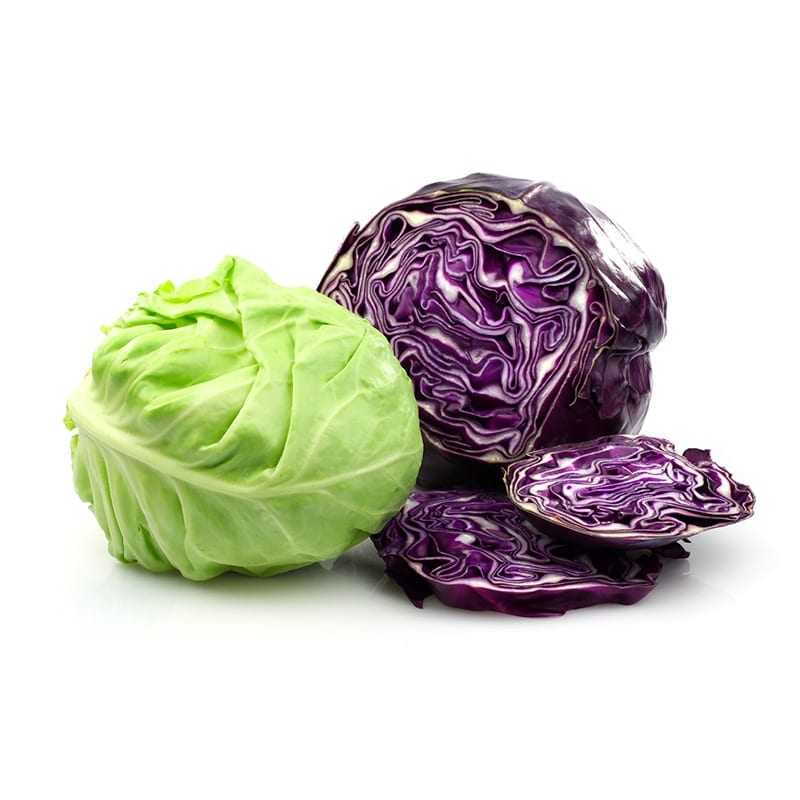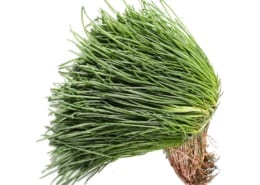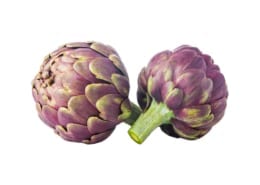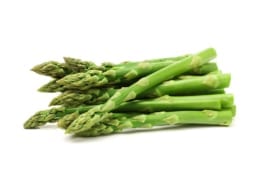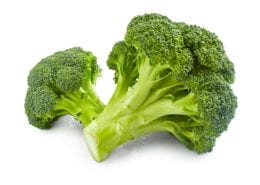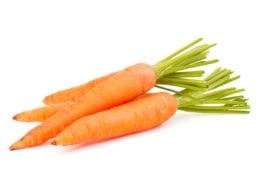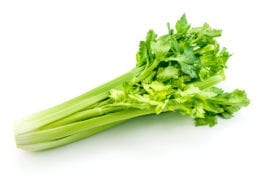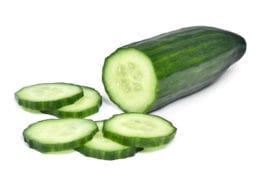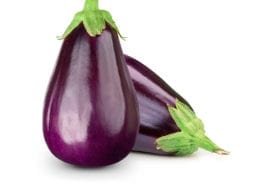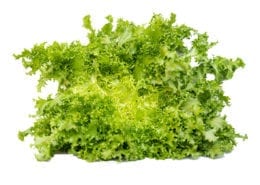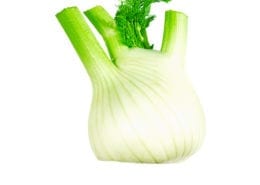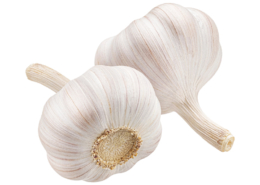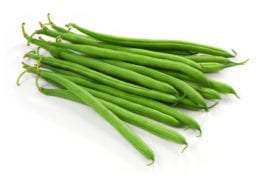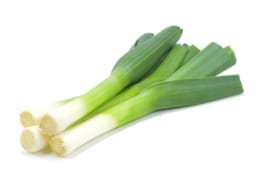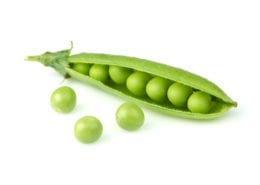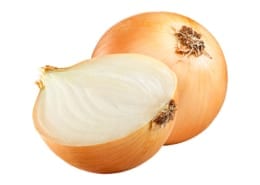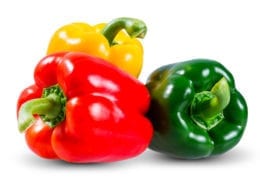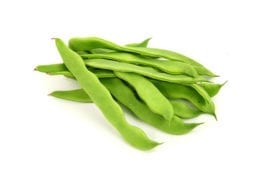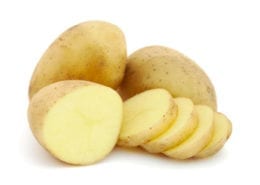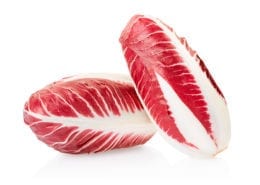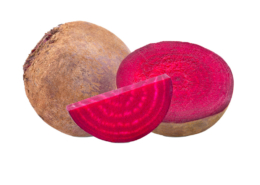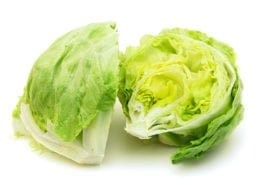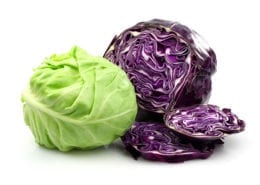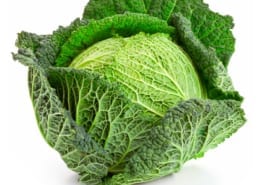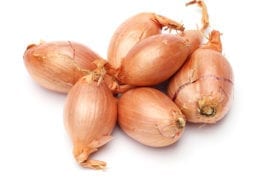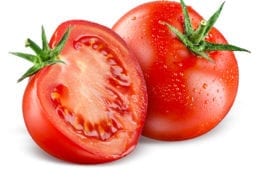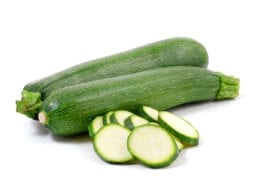Sauerkrauts
Sauerkraut (in German Sauerkraut, literally “sour herb” or “sour vegetable”) is a typical side dish of German cuisine, made from cabbage, finely chopped and subjected to lactic fermentation.
They are also called salcrauti or sarcrauti (as an adaptation of the German original), or sour cabbage or, in Venezia Giulia, acid caps.
Sauerkraut is so frequent in the Germanic diet that in Italy they form, together with potatoes and sausages, the nutritional cliché generally attributed to the Germans.
The preparation is based on cabbage, whose leaves are cut into small strips and subjected to controlled natural lactic fermentation, for about two months, with additions of cooking salt, pepper and flavorings. The process, used mainly as a preservation method, changes the organoleptic profile of the vegetable and gives the sauerkraut the typical strong and somewhat sour taste.
Variety
Sauerkrauts
-
Cappucci
-
Red
-
Green
Seasonality
Sauerkrauts


